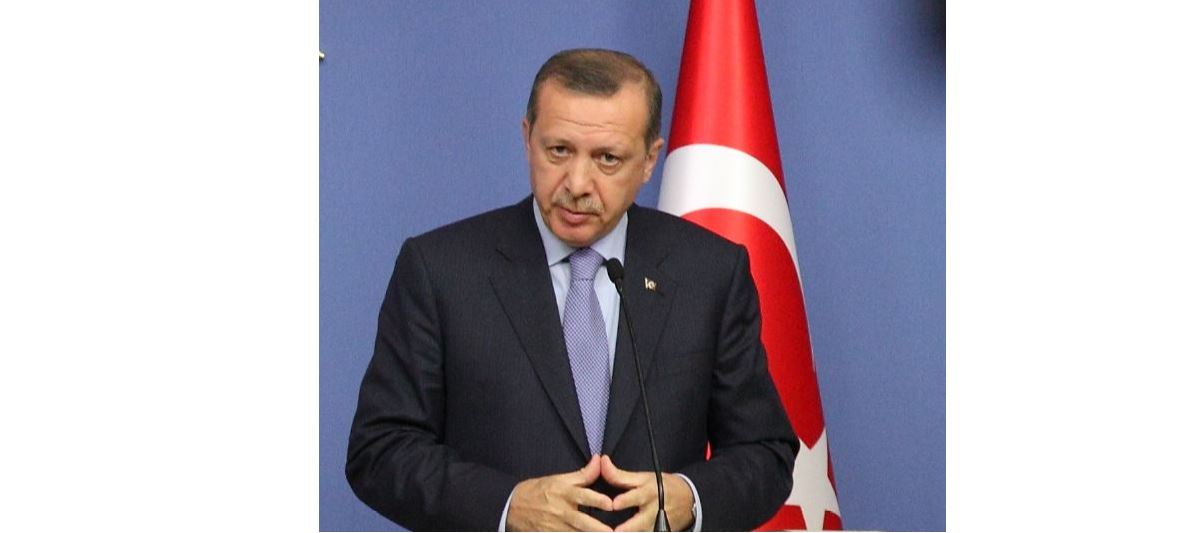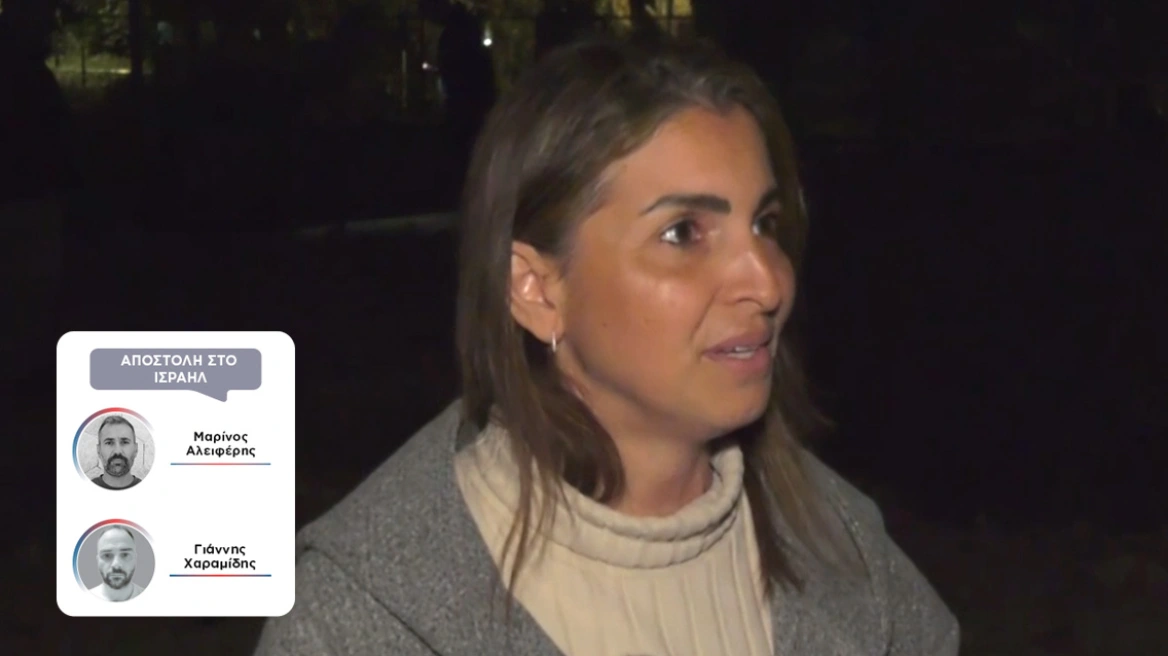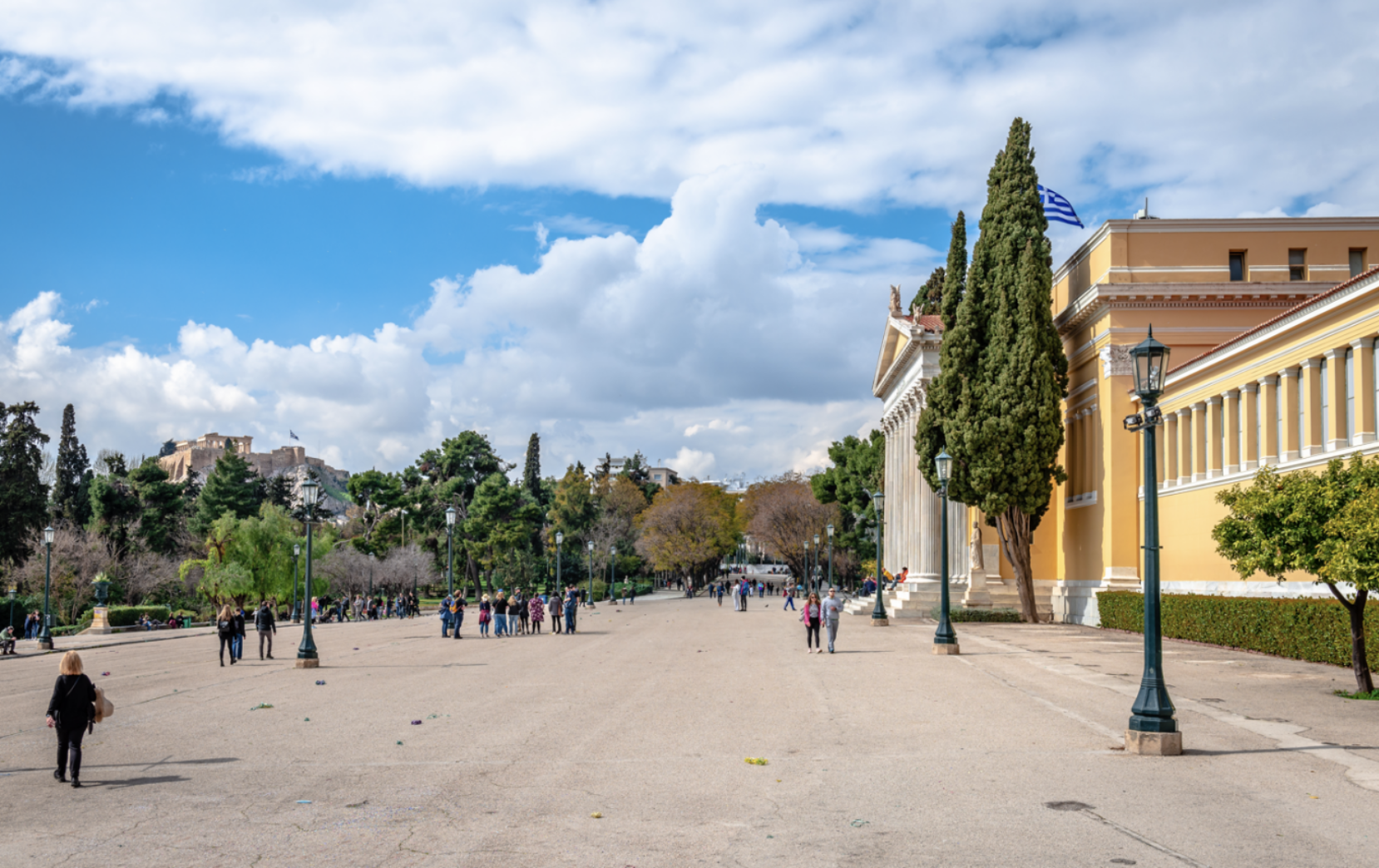It has now come to light in court that the British insistently lobbied the Erdoğan government to collaborate with them on a joint counter-terrorism project against al-Qaeda and other jihad groups, but Turkey refused.
Turkey’s unwillingness to work against jihad terror has already been abundantly established. Ten months ago, NBC reported that Turkey was using jihadist militias which included al Qaeda and Islamic State members to advance into Syria. Turkey has also tightened its alliance with Qatar; this includes the harboring of jihadists including members of al Qaeda and Hamas.
Turkey’s alliance with the Muslim Brotherhood as well as with the most violent jihadis is directed toward its efforts to expand its regional and global influence. Only in the West is it still not understood how stealth and violent branches of jihad cooperate toward the same goal of conquest. This has been proven through 1400 years of history, yet is still doubted in the West.
As nordicmonitor.com reports,
The Turkish government axed a proposal to set up a counter-jihadist study group suggested by the United Kingdom to fight radicalism in the aftermath of the al-Qaeda bombings of two synagogues, an HSBC bank branch and the British Consulate General in Istanbul in 2003, the country’s top counterterrorism chief revealed in court.
The UK proposal, the Planned Turkey UK Fundamentalism Project, was conveyed to Ali Fuat Yılmazer, the then-police intelligence chief, by British Embassy liaison officer for terrorism Jim McKay. The project, which was partially financed by the European Union, aimed to research the root causes of religious fundamentalism, devise preventive measures and methods to identify early patterns, build effective counter-narratives and study the personal, social, political, religious and other traits that lead to radicalism.
Yılmazer, a 53-year-old veteran intelligence chief who ran the C-section, which specialized in tracking and identifying religious extremist groups, was an expert in radical groups, was an accomplished officer who set up a monitoring system in Turkey and prepared a curriculum for the police academies and had a background in social studies. He wrote a comprehensive thesis in 2006 on the social factors behind terrorism that manipulates religion for its cause and studied al-Qaeda as a case study as part of his thesis. He gave series of lectures at the National Security Academy, trained senior government bureaucrats and made trips to other countries to share Turkey’s best practices for combating radical terror groups.
source jihadwatch.org
Ask me anything
Explore related questions





